In a landmark decision today, the United States Supreme Court unanimously ruled to reinstate former President Donald Trump on Colorado’s primary ballot. The ruling overturns the state’s previous disqualification of Trump due to his involvement in the siege on the U.S. Capitol three years ago.

The decision, coming just weeks after oral arguments were heard, places the highest court squarely in the midst of the 2024 presidential election. The case is politically charged, with implications reaching far beyond the borders of Colorado.
In response to the ruling, Trump took to his social media platform, Truth, declaring it a “BIG WIN FOR AMERICA!!!”
The legal challenge stemmed from six Colorado voters who argued that Trump violated a post-Civil War law prohibiting individuals who supported insurrection or rebellion from holding office. Section 3 of the 14th Amendment, rarely invoked, has never been used against a presidential candidate and has been deployed only eight times since the 1860s.
During the oral arguments, the justices posed probing questions to both sides. Justice Brett Kavanaugh raised concerns about the potential disenfranchisement of voters, while Justice Elena Kagan questioned the authority of a single state to decide the presidency.
Chief Justice John Roberts highlighted the broader implications, foreseeing a future where states could selectively disqualify candidates from opposing parties, leading to a concentration of power in a handful of states.
Legal experts and election administrators nationwide have closely monitored the case. Friend-of-the-court briefs urged the justices to act swiftly before more voters head to the polls.
The decision in Colorado has reverberated across the country, with similar challenges pending in numerous other states. Maine’s secretary of state disqualified Trump from their primary ballot, pending appeal, while litigation is ongoing in 11 other states.
Jonathan Mitchell, representing Trump, argued that the former president was not subject to Section 3 of the 14th Amendment and that Congress must address key questions of disqualification before any candidate can be removed from the ballot.
However, Jason Murray, the lawyer for the Colorado voters, countered that the provision was intended to safeguard the Constitution for all time, not just against former Confederates.
The Supreme Court’s ruling not only impacts the current election cycle but sets a precedent for future challenges involving candidates’ eligibility. The decision underscores the complexity of balancing constitutional principles with electoral processes in a deeply divided political landscape.



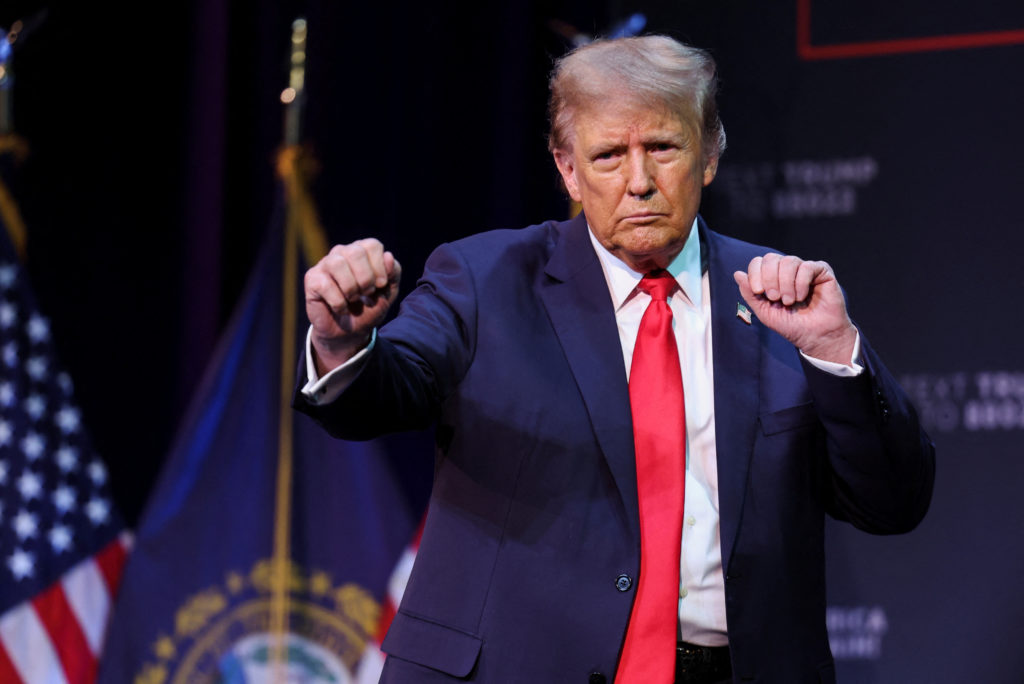
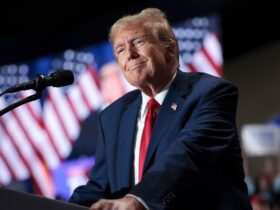
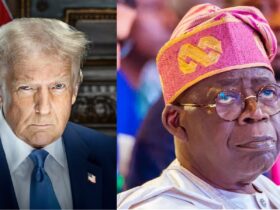

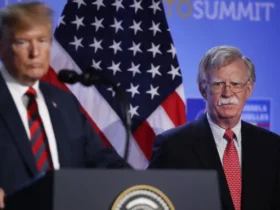
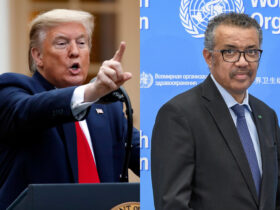
Leave a Reply